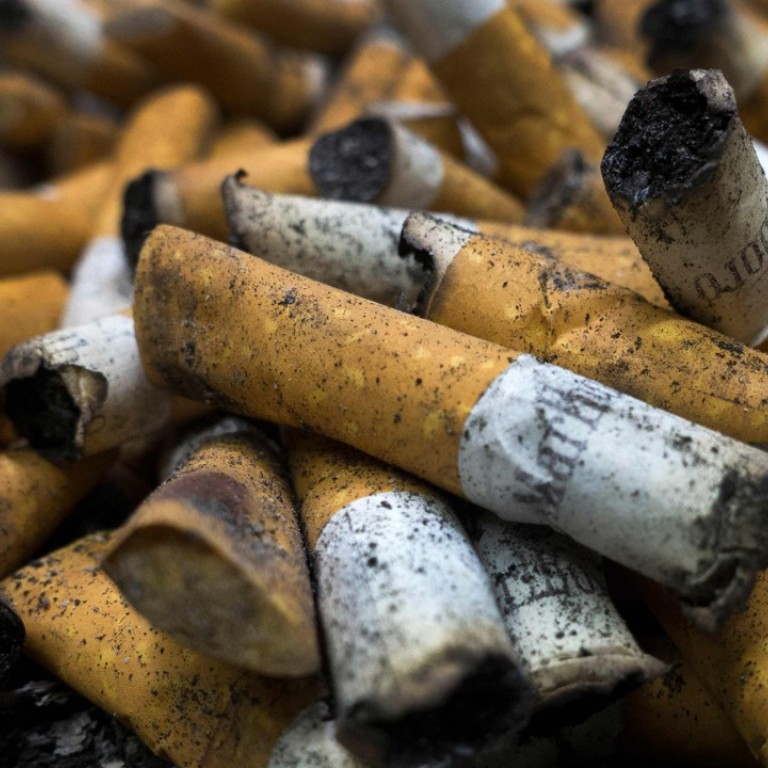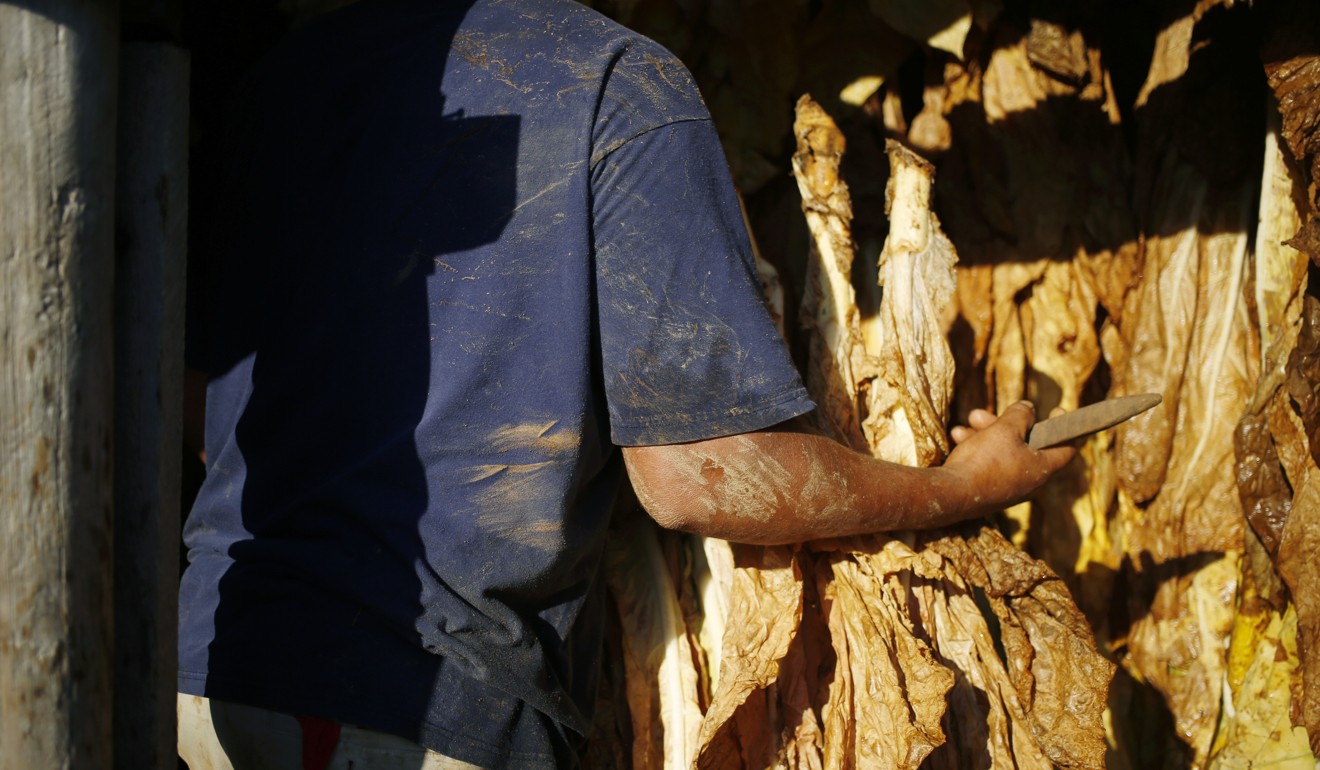
1 in 5 American adults using tobacco in 2015: US Centres for Disease Control study
One in five adults in the United States was using some form of tobacco in 2015, according to national survey data released on Thursday by the US Centres for Disease Control and Prevention.
The report, conducted in conjunction with the Food and Drug Administration, found 21 per cent of US adults, or 49 million people, were tobacco users. Of them, about 87 per cent reported smoking cigarettes, cigars or some form of pipe.
The remainder reported using e-cigarettes or smokeless products such as chewing or dissolvable tobacco, snuff, dip or snus.

The report drew from a National Health Interview Survey asking adults aged 18 and older about the frequency of their tobacco use. It found that 9.5 million American adults reported using two or more tobacco products every day or some days at the time of the survey.
“These results make clear that more action is needed to reduce the disease and death caused by cigarette use – and the FDA has announced a comprehensive approach to do just that,” Dr Scott Gottlieb, commissioner of the agency, said in a statement.
The FDA is trying to regulate the nicotine content in cigarettes to make them minimally or non-addictive.
Smoking kills an estimated 480,000 Americans each year, and about 16 million Americans suffer from a smoking-related illness, according to the CDC.
The survey showed rates of use of any tobacco product were higher among adults living in the Midwest; people with a high-school equivalency diploma; those with annual household incomes below US$35,000; adults uninsured or insured through Medicaid, the federal insurance programme for the poor; people with a disability; and those who are lesbian, gay or bisexual.

